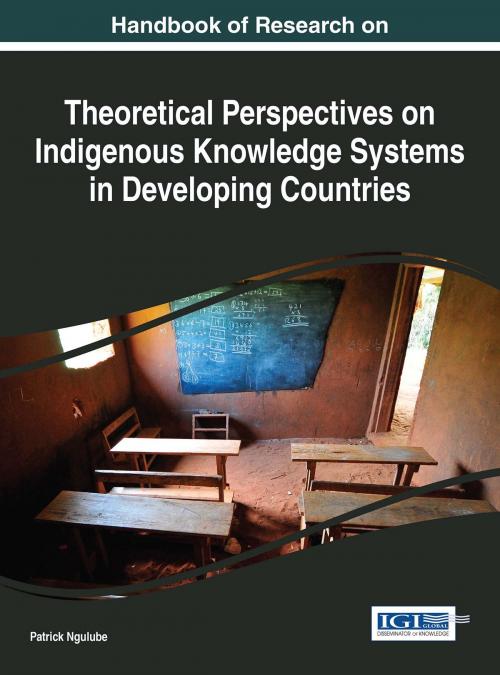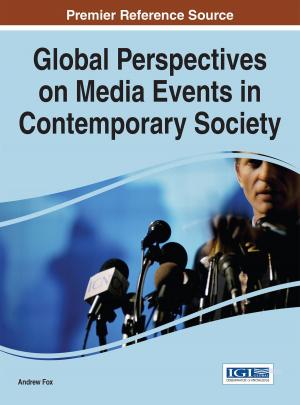Handbook of Research on Theoretical Perspectives on Indigenous Knowledge Systems in Developing Countries
Nonfiction, Social & Cultural Studies, Social Science, Cultural Studies, Reference & Language, Reference| Author: | ISBN: | 9781522508359 | |
| Publisher: | IGI Global | Publication: | September 12, 2016 |
| Imprint: | Information Science Reference | Language: | English |
| Author: | |
| ISBN: | 9781522508359 |
| Publisher: | IGI Global |
| Publication: | September 12, 2016 |
| Imprint: | Information Science Reference |
| Language: | English |
There has been a growth in the use, acceptance, and popularity of indigenous knowledge. High rates of poverty and a widening economic divide is threatening the accessibility to western scientific knowledge in the developing world where many indigenous people live. Consequently, indigenous knowledge has become a potential source for sustainable development in the developing world. The Handbook of Research on Theoretical Perspectives on Indigenous Knowledge Systems in Developing Countries presents interdisciplinary research on knowledge management, sharing, and transfer among indigenous communities. Providing a unique perspective on alternative knowledge systems, this publication is a critical resource for sociologists, anthropologists, researchers, and graduate-level students in a variety of fields.
There has been a growth in the use, acceptance, and popularity of indigenous knowledge. High rates of poverty and a widening economic divide is threatening the accessibility to western scientific knowledge in the developing world where many indigenous people live. Consequently, indigenous knowledge has become a potential source for sustainable development in the developing world. The Handbook of Research on Theoretical Perspectives on Indigenous Knowledge Systems in Developing Countries presents interdisciplinary research on knowledge management, sharing, and transfer among indigenous communities. Providing a unique perspective on alternative knowledge systems, this publication is a critical resource for sociologists, anthropologists, researchers, and graduate-level students in a variety of fields.















